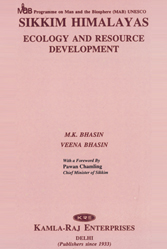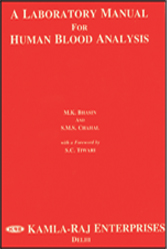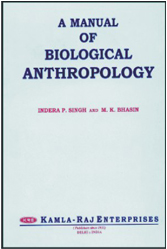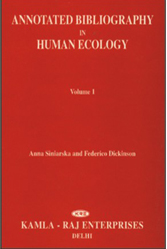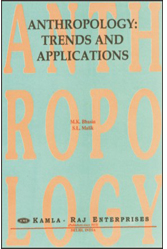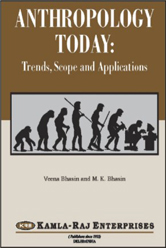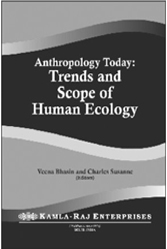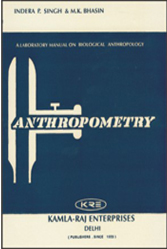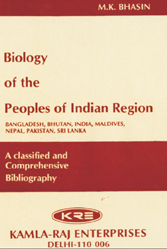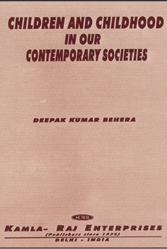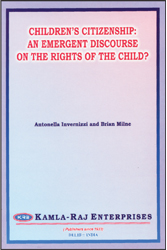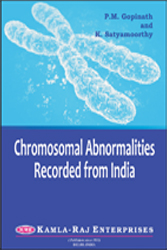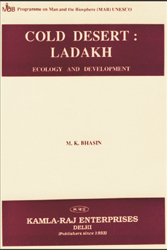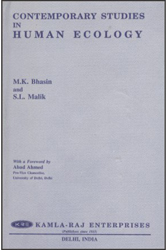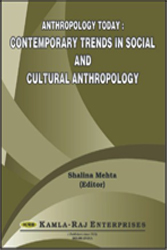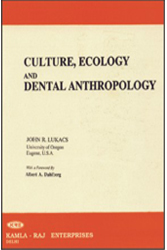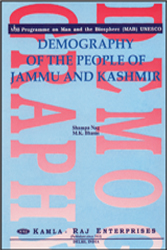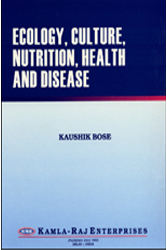SPECIAL VOLUME HUMAN GENETICS
CANCER GENETICS
CHINMAY KUMAR PANDA (Chittaranjan National Cancer Institute,
Kolkata, India)
2005• Pages: 82. Size: 180x240• Binding: Hard•
PRICE: US $ 35/-RS. 850/-
(Special Issue of International Journal of Human Genetics - 6)
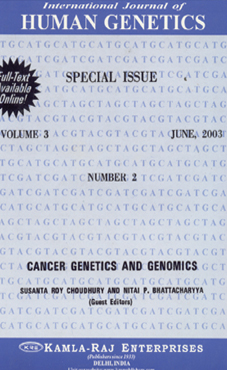
Cancer is a multi-stage disease. In each stage there is clonal evolution of specific clone due to accumulation of different genetic/epigenetic changes. Due to successful progression of Human Genome Project, cancer research is now in a new momemtum in identifying the cancer associated genes. Depending on function, these gnes can be classified as oncogenes, tumor suppressor genes, predisposing/susceptibility genes, protector genes and replication fidelity genes. The etiological factors that are highly associated with human cancer are a) physical agents like UV/ ionizing radiation, b) chemical agents mainly alcohol, polycyclic aromatic hydrocarbons (PAHs), different nitroso compounds etc, and c) viral agents e.g. HPV, HBV, EBV etc. The physical and chemical agents mainly interact with DNA leading to the accumulation of mutations due to impairment of efficient repair systems. The viral agents code different tumor associated antigens that interact with different cellular proteins that cause dysfunction of the DNA repair system, chromosomal recombination and segregation procedures, and ultimately deregulation of cell cycle. Also, susceptibility differences of different individual to the chemical and viral agents due to genetic polymorphism are assumed to be important factors in the tumor predisposition. Thus, to get an idea about the recent trend in cancer research different aspects of cancer genetics have been discussed in this issue.
